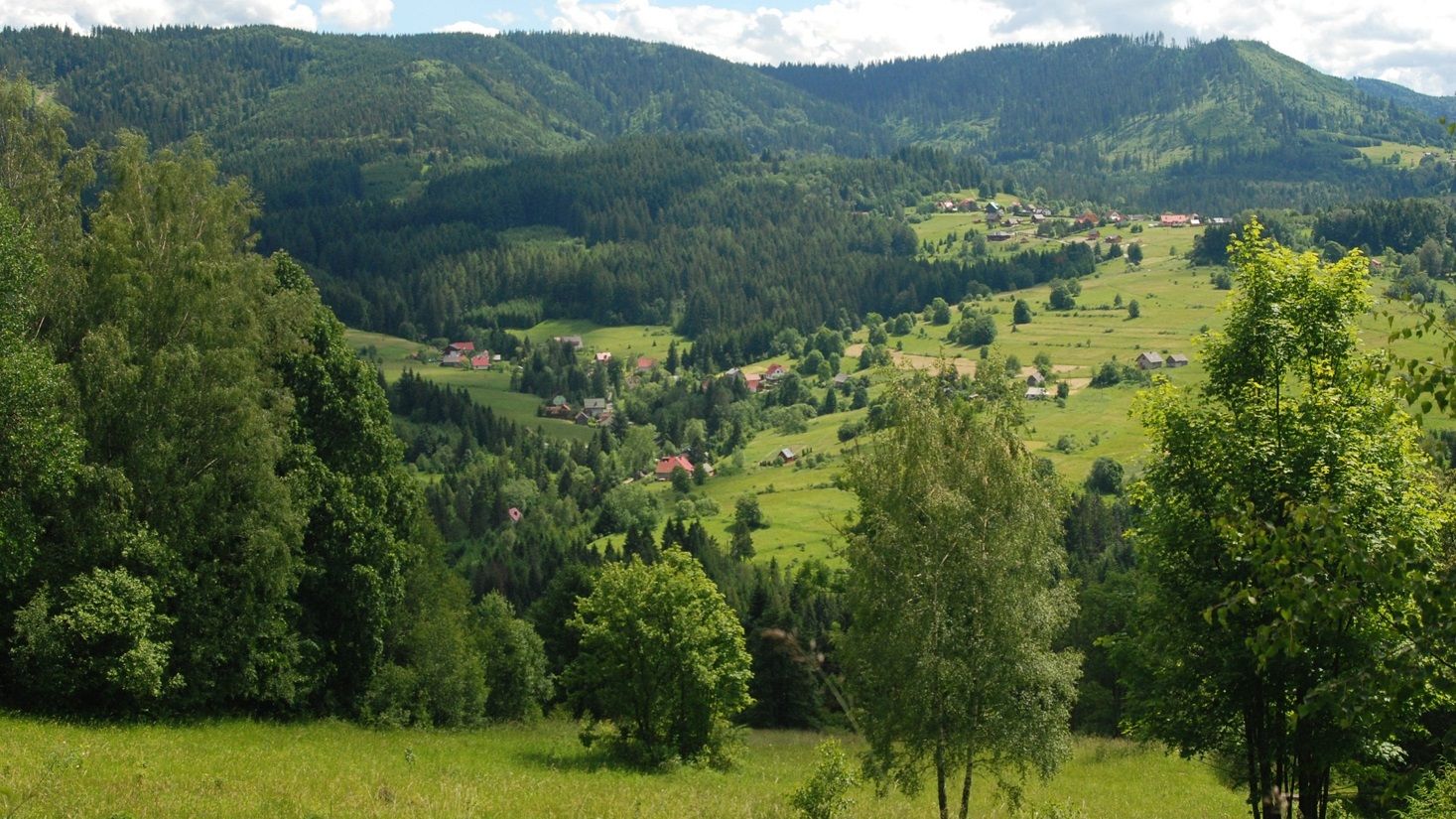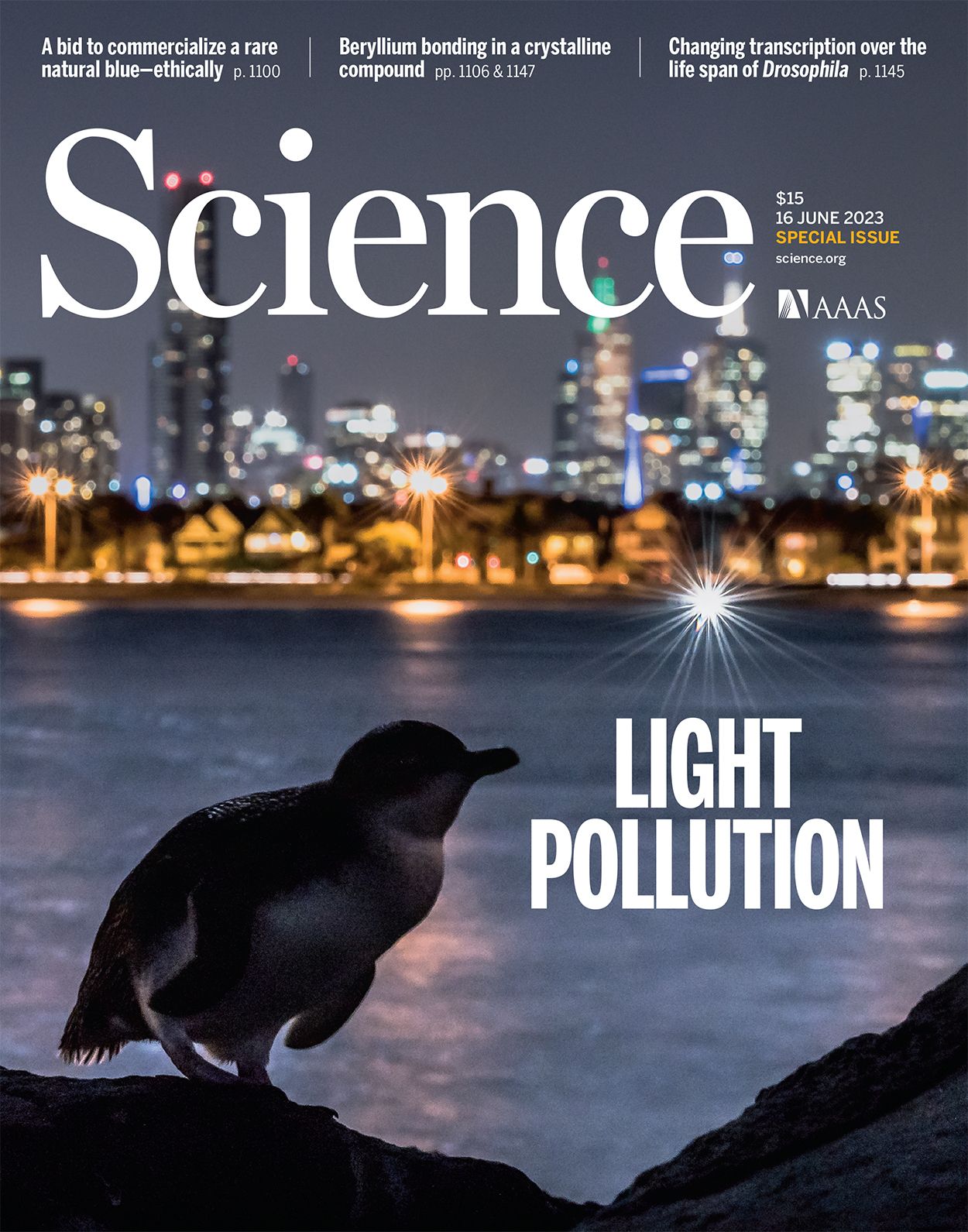The QuantERA network that supports research in QT has published a series of interviews with researchers heading international research consortia. The network coordinated by the National Science Centre promotes actions to ensure a more balanced participation of women and men in quantum research.
The QuantERA Network promotes and funds ambitious research in quantum technologies (QT), supports collaboration between researchers and research-funding agencies, monitors public policies and strategies in quantum technologies, and creates responsible research guidelines. Strengthening scientific excellence in the countries where research and innovation capacity is below the average EU level (the so-called widening countries) is one of the key measures to ensure responsible research.
Another important aspect is to actively promote equal participation of male and female researchers in research teams. It is particularly important when we realise, based on statistics, that female researchers in physical sciences and engineering still represent a small percentage of researchers at large (ca. 30%).
In the QuantERA calls: 2017, 2019, 2021, women researchers have acted as principal investigators in 51 out of 400 national research teams. At the same time, 77 leaders at the head of international research consortia include only 9 women. Lydia González Orta, representative of QuantERA Spanish partner – the Spanish Foundation for Science and Technology, has conducted several interviews featuring women leaders of the QuantERA projects to underline active participation of women researchers in quantum technologies, to learn more about their projects and their scientific and social impacts, as well as to understand their professional experiences and challenges in physical sciences and engineering. Parts of QuantERA interviews concerning promotion of gender balance in STEM (science, technology, engineering, mathematics) that address such issues as role models, panels in conferences, childcare, unconscious bias, and gender equality structures in R&I institutions, can be found below:

Yiwen Chu, Coordinator of the MQSens Project, a QuantERA co-funded Project in the 2021 call
“In my opinion, to achieve a more gender-balanced research environment it is necessary to see real-life examples around us. Making women more noticeable in a quantum society could be very beneficial, especially among such groups of young researchers as PhD students. For example, in my field there are groups with many female scientists, which consequently attract even more women”.
Milena D’Angelo, Coordinator of the Qu3D Project, a QuantERA co-funded Project in the 2019 call
“Honestly, I believe that it's not enough to say that women are encouraged to be involved in project proposals. It's a good idea to write it, of course, but it certainly doesn’t make a difference. I think that things will change only when concrete actions are taken. (…) I think that European Union should really support institutions with concrete actions and dedicated work groups, because having gender balance experts at each institution is not that apparent yet. Maybe the first step would be to hire people in that field”.
Costanza Toninelli, Coordinator of the ORQUID Project, a QuantERA co-funded Project in the 2017 call
“(…) we could consider allocating a small budget for the childcare or caring in general during participation in workshops or conferences. This is something concrete that would help women during special moments such as maternity leave or when they look after small kids. The other thing is to require the participation in unconscious bias training for all the PIs. If you really want to be the leader in a European project, you have to know how to deal with these things”.
Marzena Szymańska, Coordinator of the INTERPOL Project, a QuantERA co-funded Project in the 2017 call
“On an individual level, I should mention one famous male professor whom I know to refuse invitations, where there isn’t a minimum percentage of women as speakers. This helps to raise awareness among others. On funding agencies level, it would perhaps help if there were some formal incentives to create more gender balanced teams and consortia”.
Finally, one of the most important ideas in the interviews that should be noted for the future work on gender equality in quantum technologies is needed to consider gender equality as everyone’s business, not just a women’s issue:
“I personally think it is important to address the work-life balance as something more than just a women’s issue. Many times when you arrive to a panel discussion about work-life balance or gender equality, there are only women participants. Hence, the idea that its merely a woman’s problem is perpetuated. I would like to see more encouragement for men to also be involved and talk about these issues”.
- Yiwen Chu, Coordinator of the MQSens Project, a QuantERA co-funded Project in the 2021 call
You can read the full interviews
The QuantERA Network brings together 39 agencies from 31 countries and is coordinated by the National Science Centre. You can find out more
 The Carpathians, photo by Dominik Kaim
The first global Wildland-Urban Interface (WUI) map has just been published by “Nature”. “My role in this research was made possible by the NCN”, says Dr Dominik Kaim, a geographer from the Jagiellonian University, one of the authors of the article.
The Carpathians, photo by Dominik Kaim
The first global Wildland-Urban Interface (WUI) map has just been published by “Nature”. “My role in this research was made possible by the NCN”, says Dr Dominik Kaim, a geographer from the Jagiellonian University, one of the authors of the article.

